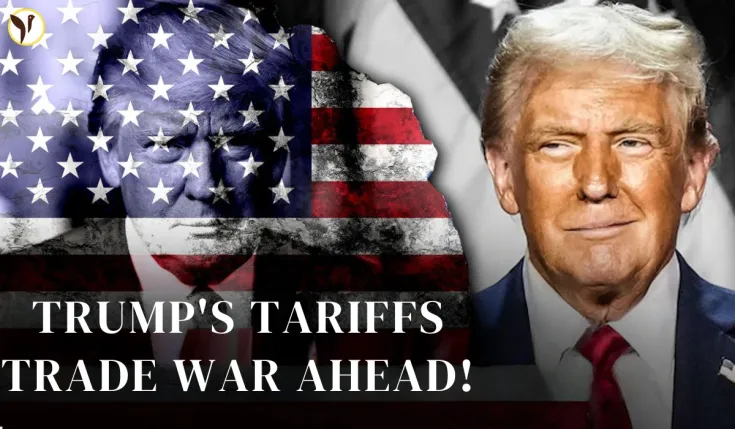Trump's Shock Tariffs: A Coffee Shop Chat About Trade
Remember 2025? President Trump's surprise tariff announcement felt like a punch to the gut for the global economy. He called it "Liberation Day," but honestly, who saw *that* coming? The stated goal? Fixing trade imbalances and boosting American manufacturing. The reality? Chaos. This is the story of how it hit Canada, and why it still matters.
The "Dirty 15" – and the Fallout
Trump targeted a group of countries he dubbed the "Dirty 15," including Canada, China, Mexico – you name it. He claimed these nations were using unfair trade practices. Canada already had some tariffs on its goods, but these new ones? They were a whole new level of messy. It was like adding fuel to an already simmering fire.
Canada Fights Back – And the World Reacts
Canadian Prime Minister Mark Carney didn't take it lying down. He promised to fight back, to protect Canadian jobs and businesses. And he wasn't alone. The EU, Japan – lots of countries were furious. Stock markets plummeted. It kinda felt like watching a slow-motion trainwreck.
The impact wasn't just on Wall Street. People worried about higher prices in the US, and supply chains started to creak. Economists warned about a potential global trade war – and even a US recession. You know how sometimes things just spiral?
A Divided America
The tariffs didn't just divide countries; they divided the US, too. Republican leaders mostly backed Trump, but Democrats strongly opposed the measures. They argued – and rightly so, in my opinion – that it would hurt American consumers and businesses. The Senate even tried to block the tariffs on Canada. That shows you just how much internal disagreement there was.
The Long Shadow of "Liberation Day"
Trump's tariff strategy is still a hotly debated topic. What will the long-term effects be on the global economy? On US-Canada relations? Nobody really knows. It's a huge question mark. The whole thing highlights the ongoing fight over protectionist trade policies and how they impact everyone.
Want to Know More?
For the nitty-gritty details – the actual tariff rates and how different sectors were affected – check out official government websites and reliable news sources. This isn’t something that’s going away anytime soon, so staying informed is key.






